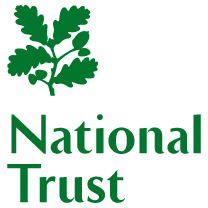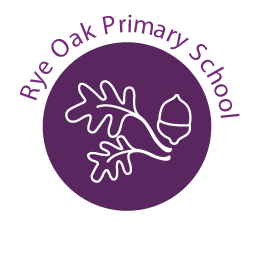In the twilight years of life, when memories may fade and communication becomes a challenge, poetry emerges as a powerful tool for connecting with elderly individuals, particularly those grappling with dementia or approaching the end of life. Beyond mere words, poetry taps into emotions, memories, and the essence of human experience, offering a therapeutic avenue for residents in care homes. There are profound benefits of writing and engaging with poetry for this demographic, supported by facts and statistics, and advocating for the integration of poetry workshops and events into care home activities.
The Benefits of Poetry on Dementia
Stimulating Cognitive Function
According to a study conducted by the Alzheimer’s Society, engaging in creative activities, such as poetry, has been shown to stimulate cognitive function and improve overall mental well-being in individuals with dementia. Poetry exercises the brain, promoting neural connections and potentially slowing down cognitive decline.
Enhancing Emotional Expression
Poetry provides a unique outlet for emotional expression, allowing elderly individuals to articulate feelings that may be difficult to convey through conventional communication. Thus, participating in poetry activities can increase emotional well-being and reduce symptoms of depression in elderly individuals.
Sense of Identity
Exploring familiar poems or creating personalised verses helps maintain a sense of identity and self-awareness, contributing to the overall well-being of seniors with dementia.
Sensory Stimulation
The rhythmic and sensory nature of poetry engages various senses, promoting sensory stimulation and potentially improving overall cognitive function.
Fostering Social Connection
Poetry workshops create a supportive and communal environment where residents can share their thoughts, memories, and creativity. This social interaction is crucial for combating the isolation often experienced by those in care homes. The Alzheimer’s Association reports that social engagement contributes to improved mood and overall quality of life for individuals with dementia.
Preserving Personal Stories
Poetry serves as a powerful tool for preserving and sharing personal stories. By expressing memories and experiences through verse, elderly individuals can leave a lasting legacy for their families and caretakers. This process of reminiscence aids in maintaining a sense of identity and purpose, even in the face of cognitive challenges.
Reducing Stress and Anxiety
A report by the World Health Organization highlights the role of arts in reducing stress and anxiety. Poetry, with its rhythmic and soothing qualities, can have a calming effect on individuals facing the challenges of aging or approaching the end of life. Poetry workshops provide a gentle and non-intrusive means of relaxation.
Empowering Caregivers
Poetry not only benefits the elderly residents but also offers a source of support and connection for caregivers. According to a study in the Journal of Palliative Medicine, engaging in creative activities, such as poetry, can reduce burnout and increase job satisfaction among caregivers.
As we acknowledge the profound impact of poetry on the well-being of elderly individuals with dementia and those nearing the end of life, it becomes evident that integrating poetry workshops into care homes is a transformative step. By investing in these creative and therapeutic activities, care homes can create a nurturing environment that enhances the quality of life for residents and provides a meaningful and fulfilling experience for their families and caregivers. Let us embark on this poetic journey together, unlocking the potential for connection and expression in the hearts and minds of our beloved elderly community.
Partners and clients














